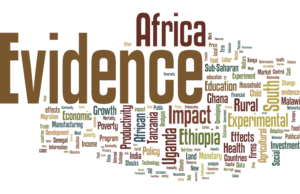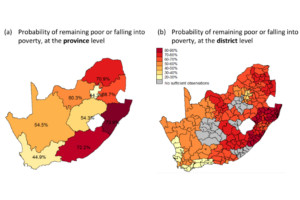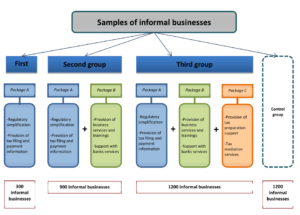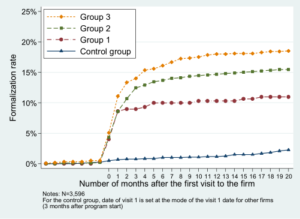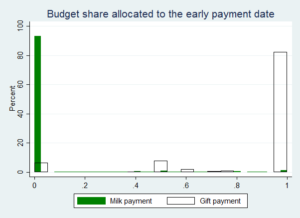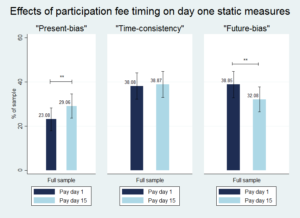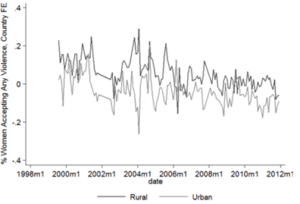
In analyses of violence, domestic violence is often neglected, even though it is one of the most common forms of violence, as was argued by Anke Hoeffler earlier on our blog. At the CSAE Conference several papers were presented looking at the causes of domestic violence as well as at the attitudes towards intimate partner violence. Claire Cullen, doctoral student at the Blavatnik School of Government, gives an overview. Continue reading

